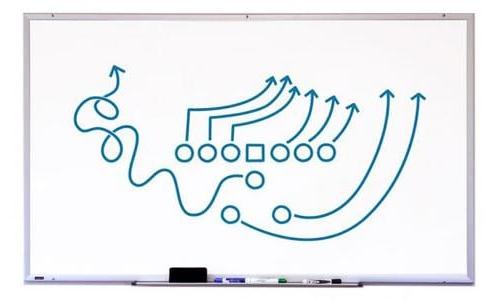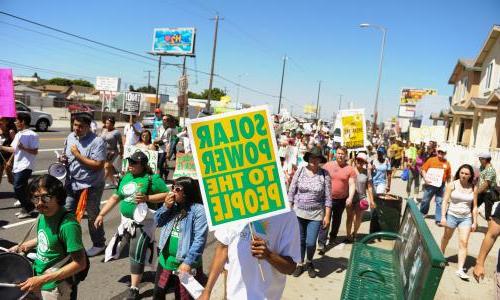The fossil fuel industry’s problematic dealings with a weak regulatory agency were a factor in the 深水地平线 disaster 在墨西哥湾.
2010年4月20日 深水地平线 rig exploded 在墨西哥湾. 11人丧生. 四百万桶石油汩汩地流入墨西哥湾. 87天后,石油泄漏才被阻止.
The blowout at BP’s Macondo well was caused by a complex set of factors, including negligence by the oil and gas companies (the National Commission on the BP 深水地平线 Oil Spill and Offshore Drilling report 称为"行业管理失败" "明确的根本原因"). 一个具体的相关问题导致了这场灾难, however, was the fossil fuel industry’s long exploitation of a weak government agency, 矿产管理局(MMS), 谁应该对海上钻探提供监管.
MMS一直是 充斥着各种各样的问题 在马孔多井喷事件发生前的几年里 一系列严厉的批评 2008 Inspector General reports detailed the illegally close relationship between members of MMS’s Royalty in Kind program and fossil fuel company employees—but at issue particularly in the 深水地平线 disaster was the fossil fuel industry’s practice of opposing potential MMS science-based regulations that could have prevented the spill.
Indeed, the Commission’s report concluded that with regard to the expansion of deep-sea drilling, regulators “failed to keep pace with the industrial expansion and new technology—often because of industry’s resistance to more effective oversight.在一个案例中, 1991年,MMS试图推动监管改革, promoting a safety and environment management program for outer continental shelf lessees and operators, 它的努力“被反复审视”, refined, delayed, and blocked alternatively by industry or skeptical agency appointees” to the point where such regulation still wasn’t finalized by the 2010 disaster—nearly 20 years later.
在另一个案例中, with drilling expanding at the same time MMS’s resources were stretched even thinner, MMS不能满足钻井技术安全要求. MMS ended up halving the frequency of tests on one critical piece of well control technology—blowout-prevention stacks—because industry claimed the technology was more reliable than the agency thought. 当MMS did 规范化石燃料行业, its regulations often came from the very industry it was supposed to be controlling. An August 2010 华盛顿邮报》 story 根据美国石油协会的记录, MMS至少采用了78个行业标准.
In another example of weak regulation playing a role in the 2010 disaster, MMS授予 BP’s lease at Macondo a “categorical exclusion” from the National Environmental Policy Act (NEPA), essentially exempting the proposed action from an environmental impact statement. The exclusion for the Macondo well was one of hundreds rubber-stamped that year by MMS, 这是该机构长期以来对工业界的尊重的表现. Indeed, the Macondo well received no site-specific review despite the environmental scrutiny supposedly put in place by NEPA, 马格努森-史蒂文斯法案, 外大陆架土地法, 油污法, 濒危物种法, 以及《清洁水法.
MMS的许多问题——从它无力监管行业, to the illegally close relationship between some MMS staff and industry employees, 对其一贯的617888九五至尊娱乐完整性 abuses导致其解散. 2010年5月,MMS被分成三个独立的机构. 2011年,重组的最后阶段 成为有效的. 2010年墨西哥湾的灾难, however, remains a stark reminder of the dangers we face when powerful companies use their power to prevent the creation and implementation of science-based regulations.




